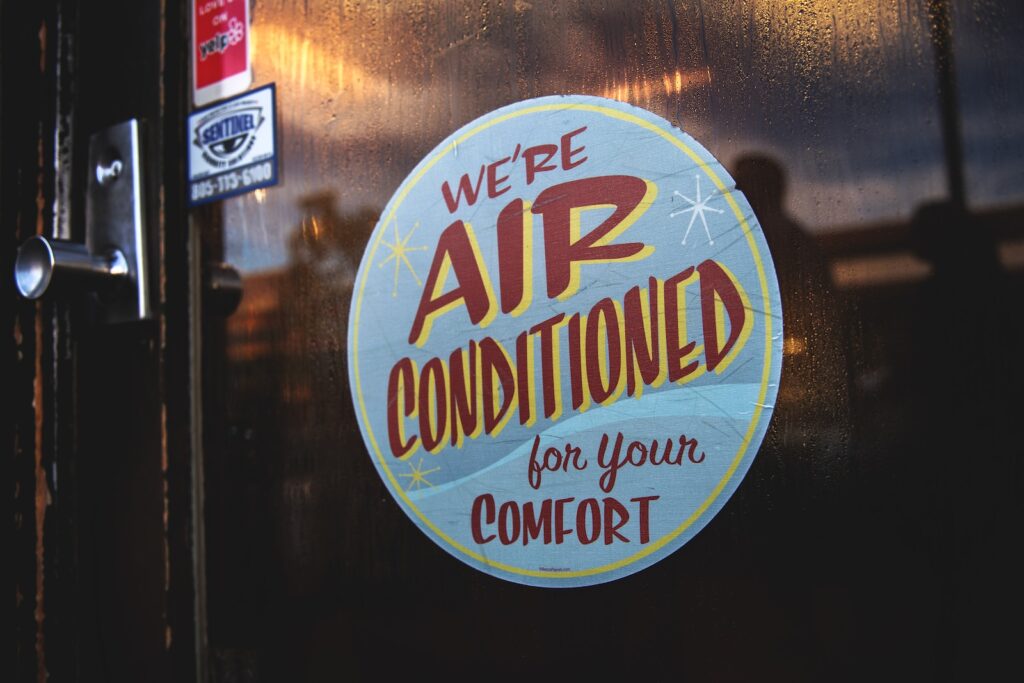Rated & Reviewed is reader-supported. When you buy through links on our site, we may earn an affiliate commission. Learn more.
When it comes to maintaining healthy indoor air, the options can be overwhelming. Air purifiers stand as popular choices, but how do they fare against other air quality solutions? In this article, we embark on a journey to compare air purifiers vs other solutions or alternative methods, shedding light on their strengths, limitations, and suitability for different situations.
Air Purifiers vs. Humidifiers: Which is Better for Allergies?
| Criteria | Air Purifiers | Humidifiers |
|---|---|---|
| Purpose | Remove airborne particles and pollutants | Add moisture to indoor air to prevent dryness |
| Allergy Relief | Effective in reducing allergens | Moderate relief from dry air-related symptoms |
| Compatibility | Suitable for various air quality concerns | Beneficial in dry climates or winter months |
Air purifiers and humidifiers serve distinct purposes. Air purifiers excel in allergen removal, making them ideal for allergy sufferers. On the other hand, humidifiers address dry air issues, benefiting those facing dryness-related discomfort.
Air Purifiers vs. Ionizers: Understanding the Differences
| Criteria | Air Purifiers | Ionizers |
|---|---|---|
| Air Purification Method | Capture and trap particles | Emit ions to charge particles for settling |
| Effectiveness | Highly effective in particle removal | Less effective in completely purifying air |
| Ozone Production | Minimal to none | Can produce ozone as a byproduct |
Air purifiers and ionizers differ in their air purification methods. Air purifiers physically capture particles, while ionizers charge particles for settling. Ionizers, however, raise concerns about ozone production, making air purifiers a safer option.

Comprehensive Air Quality Improvement: Combining Methods
Combining air purifiers with other solutions can create a synergistic effect on indoor air quality. For instance, using an air purifier alongside a humidifier addresses both allergen reduction and moisture balance. Similarly, integrating air purifiers with ventilation systems enhances overall air circulation and purification.
Air Purifiers vs. Ventilation Systems: Which Wins?
| Criteria | Air Purifiers | Ventilation Systems |
|---|---|---|
| Targeted Pollutant | Address a wide range of pollutants | Focus on exchanging indoor air with fresh air |
| Indoor Air Circulation | Improve air quality in localized spaces | Maintain consistent air movement in entire space |
| Energy Efficiency | Generally lower energy consumption | Higher energy consumption due to air exchange |
Air purifiers and ventilation systems offer different approaches to air quality improvement. Air purifiers excel in targeted pollutant removal, while ventilation systems focus on consistent air exchange.
Selecting the Right Method for Your Needs
Choosing between air purifiers and other solutions depends on your specific requirements. If allergies are a concern, an air purifier might be your best bet. On the other hand, if dry air and skin irritation are problems, a humidifier could provide relief. Consider your unique needs to make an informed decision.
Maintenance and Long-Term Costs: Air Purifiers vs. Alternatives
| Maintenance Aspect | Air Purifiers | Humidifiers |
|---|---|---|
| Filter Replacement | Periodic replacement, varying by filter | Regular cleaning, filter replacement |
| Energy Consumption | Relatively low energy usage | Moderate energy consumption |
Comparing maintenance, air purifiers usually require filter replacement, while humidifiers demand regular cleaning. Energy consumption varies, with air purifiers generally having lower usage.
Potential Health Considerations: Air Purifiers and Ionizers
When it comes to health, air purifiers have a distinct advantage. They effectively remove pollutants without emitting potentially harmful substances. Ionizers, however, raise concerns due to ozone production, which can irritate the respiratory system and exacerbate health conditions.
Effectiveness Studies and Research: What Does the Data Say?
Research is essential in evaluating the effectiveness of air quality solutions. Numerous studies support air purifiers’ efficiency in reducing airborne particles. However, data on ionizers’ overall effectiveness and potential side effects remain mixed, emphasizing the importance of careful consideration.
Conclusion
Choosing the right air quality solution is a pivotal decision for your well-being. While air purifiers excel in particle removal and allergen reduction, alternative solutions like humidifiers offer specific benefits. As you explore options, consider the nuances of each method and your unique needs. Your choice will shape the quality of the air you breathe and contribute to a healthier living environment.
FAQs About Air Purifiers vs Other Solutions
Air Purifiers vs. Humidifiers: Which should I choose for allergies?
Should I opt for an air purifier or a humidifier to alleviate allergies?
An air purifier is more effective for allergies, as it filters out allergens like dust, pollen, and pet dander. A humidifier adds moisture to the air and may not directly address allergens.
Advantages of Combining Air Purifiers with Other Solutions
What benefits come from using air purifiers alongside other solutions?
Combining air purifiers with solutions like proper ventilation and dust control enhances the overall effectiveness of improving indoor air quality.
Safety of Ionizers for Health
Are ionizers safe for my health?
Ionizers emit ions that attach to particles, making them heavier and settling them out of the air. While generally safe, high levels of ozone emissions can pose health risks.
Using Air Purifiers and Ventilation Systems Together
Can I simultaneously use air purifiers and ventilation systems?
Yes, using both can complement each other. Ventilation brings in fresh air, while air purifiers filter out pollutants, resulting in cleaner indoor air.
Choosing Between Air Purifiers and Humidifiers
How do I decide between an air purifier and a humidifier?
If your primary concern is improving air quality and reducing allergens, choose an air purifier. A humidifier is more suitable for adding moisture to dry air.
Ionizers and Emission of Harmful Substances
Do ionizers emit harmful substances into the air?
Ionizers emit ions that can react with other particles. While some ionizers produce ozone, choose models with low ozone emissions to ensure safety.
Studies Comparing Air Purifiers and Other Solutions
Are there studies comparing the effectiveness of air purifiers and other solutions?
Yes, various studies evaluate the efficiency of air purifiers, ventilation systems, and other solutions in improving indoor air quality and health outcomes.
Energy Efficiency of Air Quality Solutions
Which solution is more energy-efficient in the long run?
Energy efficiency depends on the specific model and features. Look for ENERGY STAR-certified products to ensure optimal efficiency.
Combining Air Purifiers with Other Methods
Can I use air purifiers in combination with other air quality methods?
Yes, combining air purifiers with methods like proper ventilation and reducing pollution sources provides a comprehensive approach to cleaner indoor air.
Priorities in Choosing Air Quality Solutions
What should I prioritize when choosing an air quality solution?
Consider factors like specific air quality concerns, room size, budget, and any existing health conditions when selecting an appropriate solution.
Amazon and the Amazon logo are trademarks of Amazon.com, Inc, or its affiliates.


